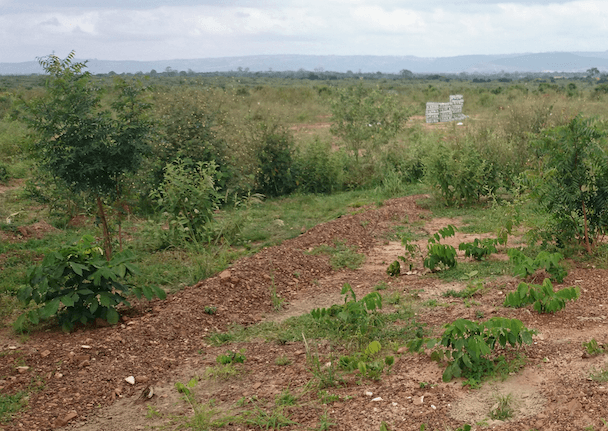Land acquisition still difficult for women – NETRIGHT
 Despite the enormous contributions of women to Ghana’s agricultural sector, they still face obstacles in acquisition of land for farming mostly because of their gender and class.
Despite the enormous contributions of women to Ghana’s agricultural sector, they still face obstacles in acquisition of land for farming mostly because of their gender and class.
Mrs Patricia Blankson Akakpo Programme Manager of Network for Women’s Right in Ghana (NETRIGHT) said although 52 per cent of famers in Ghana were women and produce 70-80 per cent of food consumed in Ghana, they did not reap equivalent profits from their labour.
The NETRIGHT Ghana representative said this at a National Stakeholders Inception Meeting in Accra, where it introduced a 30-month project funded with a sum of GH¢15 million by STAR-Ghana.
The project aims at advocating for gender and social inclusion reforms in the land sector to protect livelihoods and land interest of especially rural women farmers.
The project dubbed ‘Addressing Systematic Barriers to Enhance Gender Equality and Social Inclusion in Land Governance’ saw key stakeholders from all 10 regions of Ghana in attendance.
Groups which participated include the Ghana Federation of Disability, Ghana Association for the Deaf and Dumb, Lands and Resource Management, the Trade Union Commission, Lands Commission, Women’s Rights Organisations; and socially excluded groups.
Mrs Akakpo said the rationale behind the national project was to address structural and systematic challenges within the land tenure system in Ghana that have created barriers inhibiting women and socially excluded persons from enjoying their basic human rights.
“It is critical for especially women’s rights organizations and socially excluded groups working on land to improve their working relationships to enhance cross-learning and movement building to protect women’s land interests,” she said.
The project identified traditional inheritance systems where lineage systems are key determinants of obtaining land, lack of knowledge of rights which undermines the ability of the majority of the people especially women and vulnerable groups to access their rights.
Other challenges are customary laws and norms which disadvantage women and socially excluded groups, and land commercialisation which is widening the gender inequality and class gaps as well as worsening the land rights for both indigenes and migrants as some of the challenges women face in acquisition of land.
STAR-Ghana is supporting the project with GH¢15 million from its Gender Equality and Social Inclusion (GESI) grant.
Ms Eunice Rachael Agbenyadzi, the Programme Manager of the NETRIGHT project for STAR-Ghana, said STAR-Ghana would take part in the decision making process, planning, and even the field work if necessary because of their commitment to gender inequality and social inclusion.
Source: GNA
